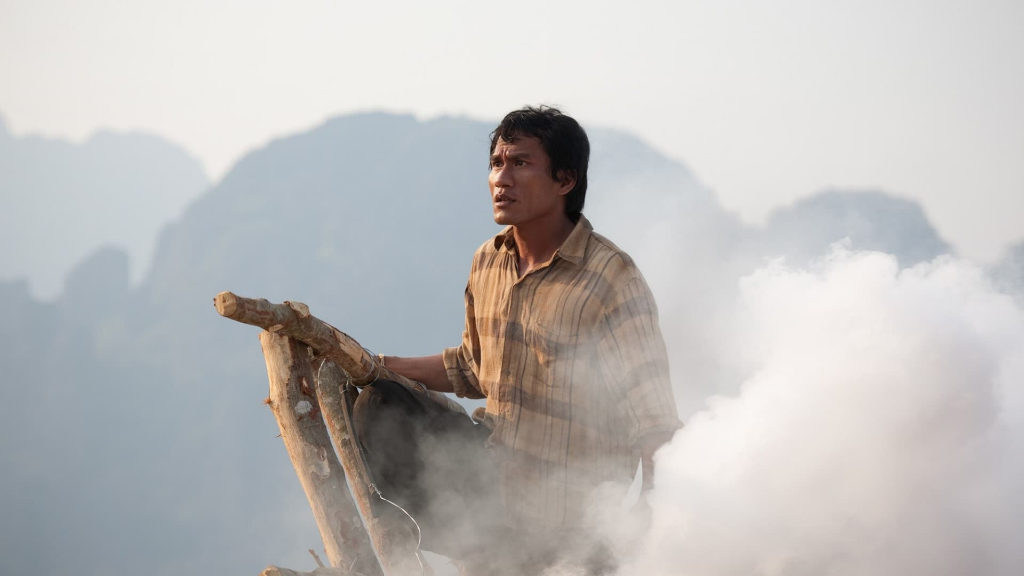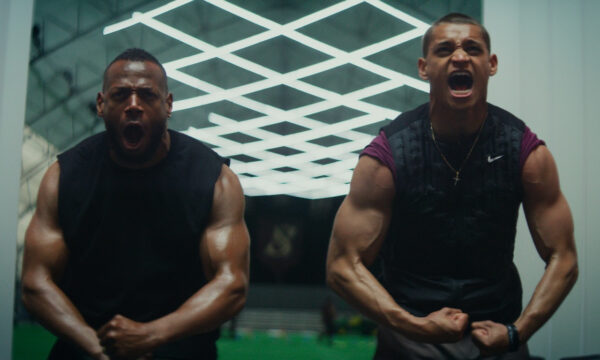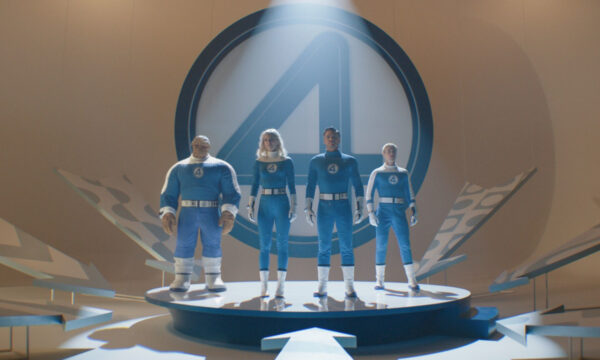The Rocket: Interview with director Kim Mordaunt

Kim Mordaunt is the Australian director and writer behind the The Rocket, a film based in Laos that has spoken to many. A true underdog story of a young boy’s battle against cultural stigma, exploring the nature of family and acceptance, The Rocket continues Mordaunt’s cinematic love affair with the region, having scooped awards at the AFI, Sydney, and Tribeca Film Festivals.
You both wrote and directed The Rocket, so would you consider it to be your creative brainchild?
Kim Mordaunt: I ‘spose so, that’s not a bad way of putting it, but I must admit I don’t really believe in the whole thing. I ultimately think that it’s a sort of shared experience, you know? I guess I had to dream all that up, but I work very closely with the producer, Sylvia Wilczynski. When we’re developing projects we throw ideas around, invent something and then throw it away, keep talking, talking, talking. But with something like The Rocket it’s very much come from spending a lot of time in that place – a decade we lived and worked in the region, so I’ve been absorbing for a very long time, before this came to shape.
So this is your sixth writing project. What inspired the move to writing as well as directing?
I think it’s just that old frustration thing. Often when you’re directing stories, or when I started as an actor and worked with a lot of directors, is that you’re kind of frustrated a lot of the time, you think: “Oh I wish I could have a little element of this or give this other level to this character or I wish I had more complexity in this character”, so I guess it was just wanting to do all that. Also, I really enjoy visual storytelling, so I think it was being able to put those visuals into a script. If you read the screenplay, it’s all those sort of painted visuals to make up meaning; it was a way of getting all that down early and imagining all that early, working a lot with visual metaphor and the mise-en-scène, the details in a scene. It was just really wanting to put all that down.
Because it is a very visually stunning film, it struck me how sometimes you do get entire scenes with absolutely no dialogue, and yet still so much happens in them. I think there is this move towards a more visual side of storytelling within cinema, where the audience is becoming more responsive to it, rather than having it all fed to them.
Absolutely. It feels like the end of so many films is a speech these days, it’s this endless speech that goes on and on and on, almost for the entire third act. I want the climax of the film, and then I want something that allows me to be a bit more interactive as an audience member, rather than be told what to feel at the end. I prefer films that give you a bunch of things that are going to stimulate your senses, not tell you what to think, that let you make that decision as the audience.
What drew you to setting The Rocket specifically in Laos?
Well, I think life takes you places. It’s funny, it’s not necessarily that we must go and make a film in this place, life seems to take you to that place, makes you feel something, and then you tell a story about it. With The Rocket, we were living in Hanoi and working there, and we used to travel to Laos a lot – it was like going into the country, going back in time. It’s a very gentle place, a beautiful country, and then we found out it’s the most bombed place on the planet per capita, and we thought: “We’re educated people, we’ve learnt about the Vietnam War, why don’t we know about Laos?” And that led to the making of the film Bomb Harvest, about an atrocity. It was bombed, a plane-load of bombs, every eight minutes, for nine years. If you go there today people are welcoming, they’re open, and we found people to be very kind, who wanted to laugh and bring positivity into their lives. Going somewhere, from a first world country – we live in our nice little comfort zone – you go to a country, you find out the hell they’ve been through, and then you look at the courage they have; it’s those things that inspired Bomb Harvest, and tonally The Rocket is no different. We thought that it should continue this journey about a world that is harrowing and terrifying, but at the same time full of magic, full of love, all anchored around a family, a dysfunctional family, which of course we can all relate to as well [laughs]. So, it was a mixture of all those things, and the mythology of the country. When you travel to Laos, especially the rural areas that are rich in animism, in Buddhism, there are ongoing festivals, ongoing ceremonies, and we thought this is a rich tapestry of life that we think people will be interested in.
So would you say your time living in Southeast Asia really inspired your filmmaking?
Absolutely, absolutely. And in a funny sort of way it has all the elements that I love in filmmaking as well. You know, I like films that have the mystical about them and that are surreal and dream-like in places, and that are funny, that are harrowing. I like all of the above, so in a way our experience there has given us all of that, which was the attraction of the place. And we still love it, we love going to places in Southeast Asia for that reason.
The two main characters are young children. What was it like working with such a young cast?
It was difficult – you never know what to expect with kids’ emotions, they’re very pure. It’s not like having an experienced actor who rolls up on set; if they’ve had a bad day they can kind of pull it out. With a kid, if they roll up and they’re grumpy, well that’s it, that’s who they are, and often I’d have to try and talk the crew into working with that in mind. If the kids were, for some reason, in a bad mood we’d try and think of a scene that we could tackle and use some of that energy. For example, when the kids have that fight – at that point the two kids weren’t getting on very well, and when she calls him an idiot she really wants to call him an idiot, and there’s that real energy bubbling away. A lot of the scenes are very physical, people doing things and running through markets, stealing things, collecting things, people are on the move, and with kids it’s a really good way to work because then their imagination takes them into the moment. It was about trying to find ways to keep them alive, keep their energy real, and getting the crew to work with that. But they’re extraordinary young people. Even though they weren’t getting on in some scenes, by the end he was leaving her love notes and they were walking around holding hands, and I think that was from the experience. That little scene in the bamboo, when dad has said to him “you can’t help me make the rocket” and he ends up in the bamboo, then she turns up and looks right through him – well that’s my favourite scene in the film, and at that moment in the journey of the production they had really become soul mates. So what you see happening there, that little moment between them, is very real.
It had a very true dynamic to it?
Yeah, yeah, absolutely.
Phoebe Person
The Rocket is released nationwide on 14th March 2014.
Read our review here.

























Facebook
Twitter
Instagram
YouTube
RSS